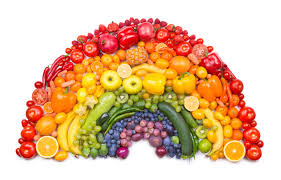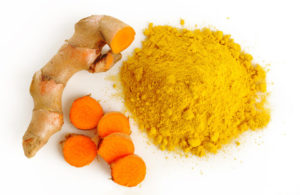What happens when you eat too much?
As we go into this new year, I am sure many are pondering on the fact that they overindulged over the Christmas period, and are now dealing with the consequences. Everyone knows the actual stomach organ can expand…and expand… but what happens when we eat too much?
I mean, it’s not something you really think about unless you are doubled over with griping pains or feeling very sick.
I think we all realise that our digestive tract starts at the mouth and ends at the, well, the other end. Probably what goes on between those two points is a bit of a mystery to most. Prepare to have the mystery explained!
Our digestive system functions to turn the food we eat into a usable form of nutrients which the body burns as energy, uses to make healthy new cells and stores in various ways in case we need it later.
So, we eat something: into the mouth it goes where the teeth, tongue and salivary glands start a process of mechanical and chemical digestion to form a soft mass that will be able to move down the oesophagus and into the stomach which by the way is about the size of your fist…when it is empty that is. Because the stomach can e x p a n d. And as the stomach fills up, chemicals are released to really churn that food up int0 a more movable ball.
From the stomach the food moves on into the small intestine where digestion continues, and the food you ate is now (hopefully) a nutrient rich brew which can be readily absorbed into the bloodstream. By the time the food has made it to the large intestine most of the water in it has been absorbed into the bloodstream and we are left with…poop. Simple.
Our brain talks to our stomach. Did you know? They communicate.
The reason we feel extra full to bursting after eating a large meal is that sometimes there is a delay in signals from the brain reaching the receptors in the gut. So, that’s why we jam that extra meringue in. It’s quite complex, how the body tells us that we are full.
The process uses hormones that let us know when we are satiated or hungry. Leptin and Ghrelin sound like a couple of goblins from a children’s book but they are, in fact, the hunger and satiety hormones. Basically, ghrelin increases appetite and leptin decreases it. We find these hormones in the actual stomach and in fat cells. So basically, Gremlin will be high before you eat and lower afterwards. Leptin will let the brain know we are full.
I know what you are thinking – if someone is obese and holding a lot of fat cells wouldn’t you think they would have a lot more leptin and therefore not want to eat. Unfortunately, it doesn’t work this way and obese people tend to build up a resistance to leptin due to biochemical processes being out of whack – and so even more leptin is produced to try and curb appetite. The body’s way of trying to get things under control.
Although it is rare there are reported cases of people rupturing their stomachs from overeating but basically when you are full to bursting one of two things will happen – the food will work its way slowly through the digestive system and you will feel uncomfortable while it does that – or it will come back up in the form of vomiting. You may feel nausea, acid reflux, indigestion, and you will probably feel quite tired and drowsy because the body had to divert so much energy into digesting that huge food mass.
Here at Puraty you asked, and we listened, and we have developed a Digestive Tea to help soothe and relax the digestion, so if you do overindulge, maybe slowly sipping a calming brew will be of benefit.




